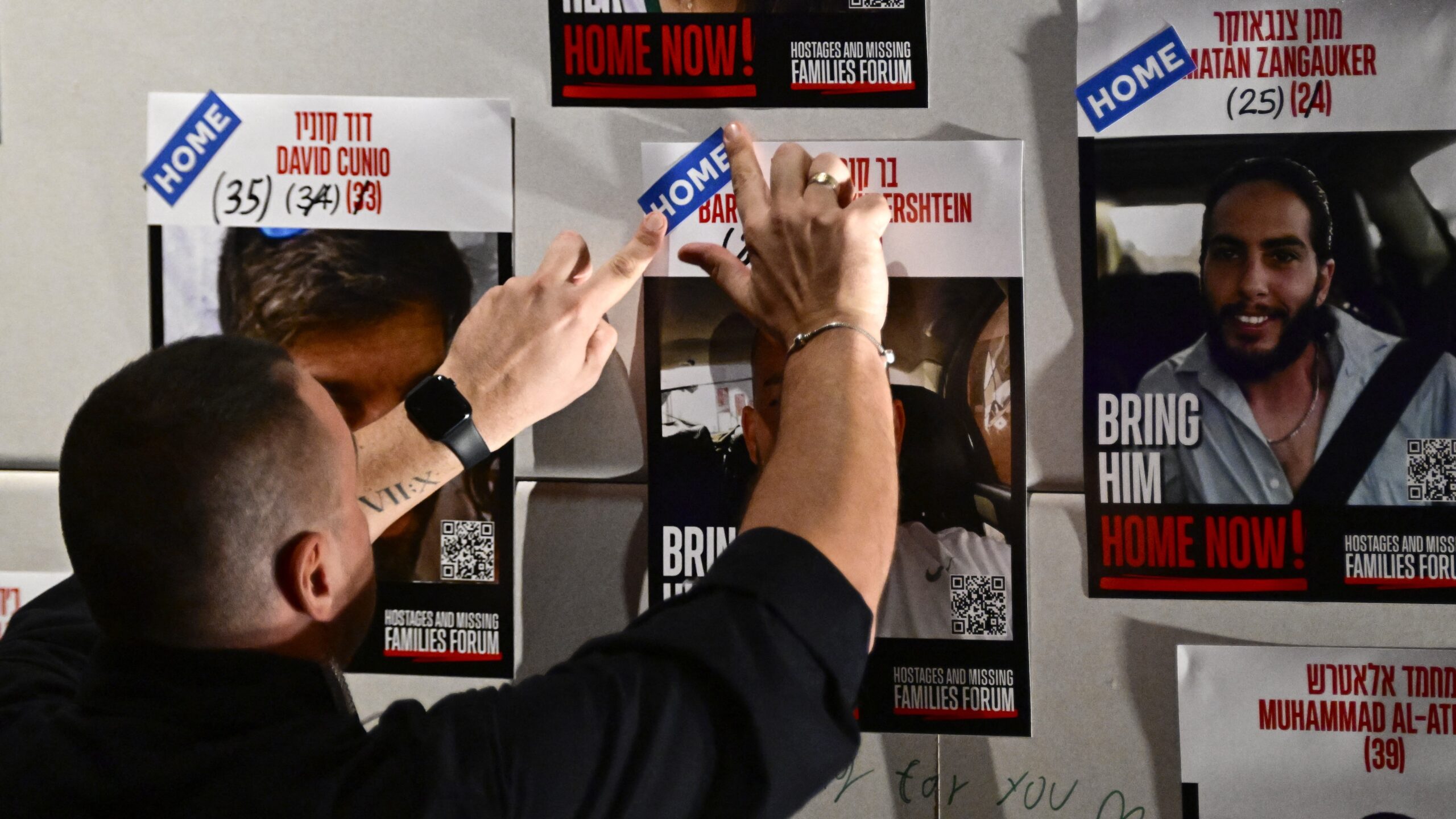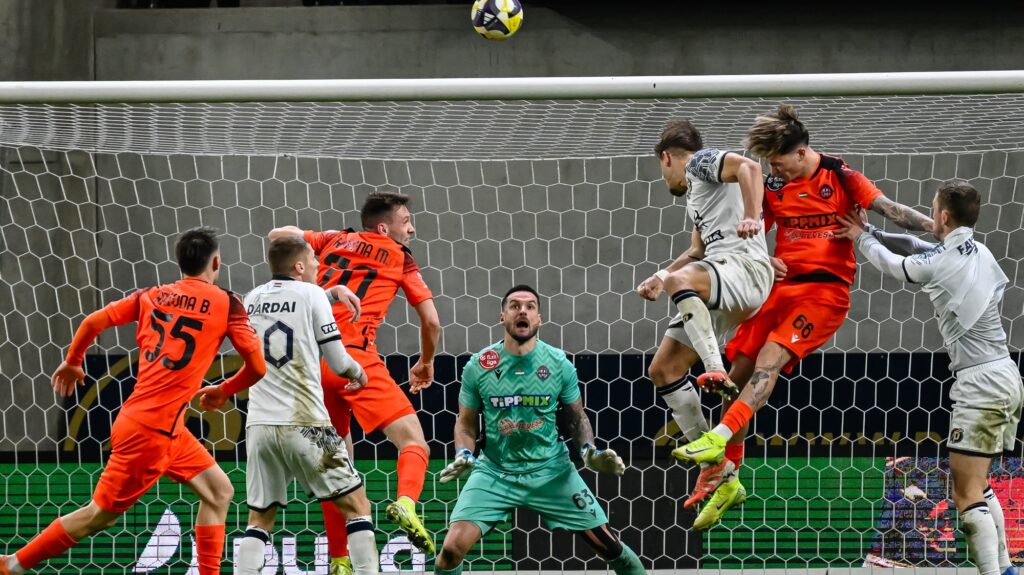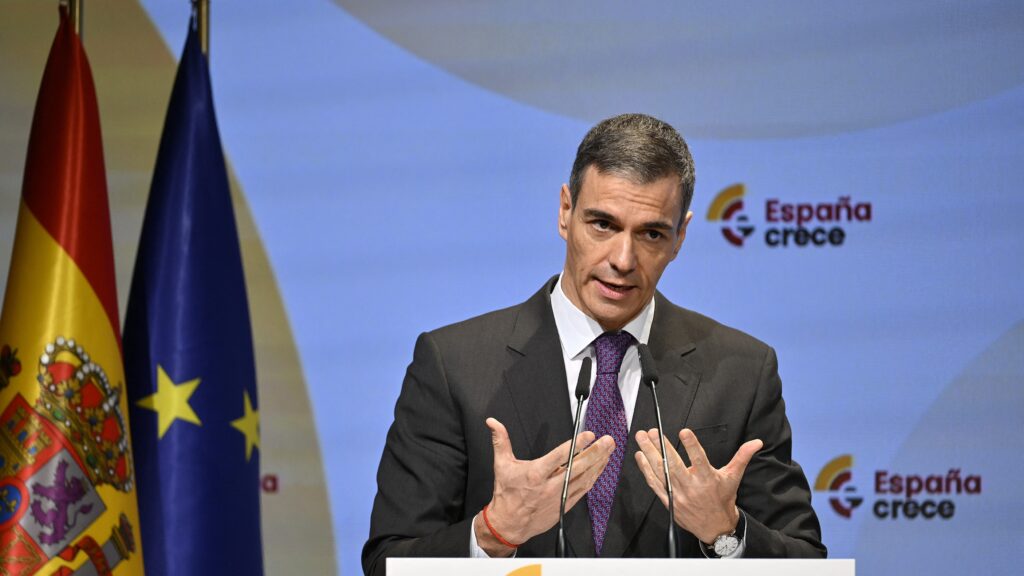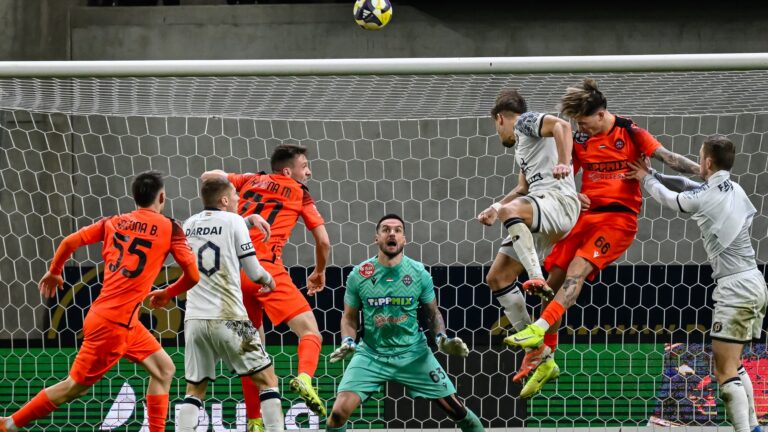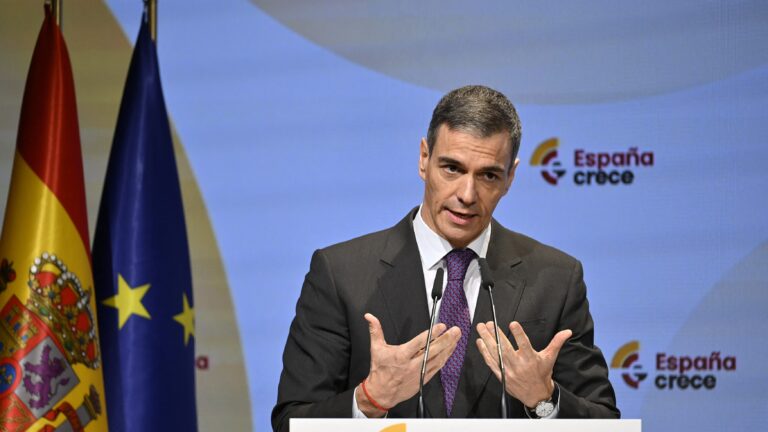During Israel’s two-year war with the Palestinian terror organization Hamas, Hungary emerged as one of the most consistently pro-Israel countries in Europe.
On 13 October, the Sharm el-Sheikh summit brought an end to the two-year Israel–Hamas conflict. The gathering in Egypt was especially significant for Hungary, as it was the only former V4 country invited.
This raises the question: why was Hungary granted this role, and what part did this small Eastern European country play in Israel’s conflict?
Israel Should Defend Itself
Immediately after Hamas’s attack on 7 October 2023, the Hungarian government condemned the terrorist organization’s brutality against Israeli civilians and ‘recognized Israel’s right to defend itself.’
To demonstrate Hungary’s strong support, President Katalin Novák visited Israel within a month, meeting the families of Hungarian citizens who had been taken hostage.
Over the two years, Hungary hosted several Israeli officials, including President Isaac Herzog, Prime Minister Benjamin Netanyahu, Foreign Minister Gideon Sa’ar, and Minister of Diaspora Affairs Amichai Chikli. Throughout, Hungary reinforced Israel’s right to self-defence, emphasized efforts to achieve a workable peace and end the war, and underscored the urgency of securing the hostages’ release.
‘Israel can rely on Hungary’s support in the international arena’
During this period, many EU and global leaders argued that the best way to resolve the Israel–Hamas conflict was to recognize a Palestinian state.
Hungary viewed the issue differently. Prime Minister Viktor Orbán called these ambitions an illusion, noting that an independent Palestinian state could only be considered if both sides recognized each other—a condition that, according to Hungary, Israel could not accept due to security concerns.
‘As long as there’s not even one side recognizing the other, there’s nothing to talk about. Keeping the two-state solution on the agenda actually hinders the kinds of agreements that could otherwise be achieved. It keeps an illusion alive, one that, under current circumstances, reduces or outright prevents cooperation. So, I’m cautious with that,’ he said.
‘Keeping the two-state solution on the agenda…hinders the kinds of agreements that could otherwise be achieved’
The Hungarian government framed Israel’s fight against Hamas as an anti-terror operation, viewing its success as a global interest. This stance led Hungary to support Israel at international forums, even when it caused the country to stand out within the EU.
Hungary was among the countries that opposed Josep Borrell’s 10-point peace plan for the conflict. Notably, in early 2024, when all EU members called for a ceasefire, Hungary was the sole country to refrain from backing the joint statement.
Hungary also decided to withdraw from the International Criminal Court (ICC) due to its ‘political’ stance against Israel and the Gaza conflict. After the ICC issued a warrant against Benjamin Netanyahu, Viktor Orbán rejected the decision, invited the Israeli Prime Minister to Budapest, and ensured he was not taken into custody during his visit.
As Hungarian President Tamás Sulyok summarized, Hungary’s stance during these two years was simple: ‘Israel can rely on Hungary’s support in the international arena.’
In Egypt: Trump, the Peacemaker, and Hungary, Israel’s Strongest European Ally
Minister of Foreign Affairs and Trade Péter Szijjártó repeatedly emphasized the need for a ceasefire and a hostage agreement, particularly given that Hungarian citizen Omri Miran was held by Hamas until the war’s end.
Hungary’s strong support for Israel during its most difficult period yielded tangible results when Prime Minister Viktor Orbán was invited by President Donald Trump to the historic peace summit in Sharm el-Sheikh. Orbán called the invitation ‘a tremendous achievement’, adding: ‘Hungary is a proud member of the world’s pro-peace network, the alliance of common-sense people.’
Related articles:

